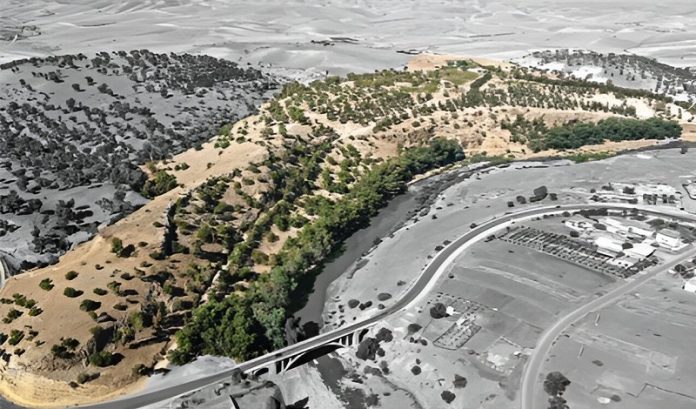
Archaeologists have uncovered a previously unknown Neolithic society in Morocco, revealing the earliest evidence of farming in northwest Africa.
This discovery sheds new light on a poorly understood period of African prehistory and highlights the significant role of the Maghreb region in the development of early Mediterranean societies.
The findings, published in Antiquity, come from fieldwork conducted at Oued Beht, Morocco, by a team led by Youssef Bokbot from INSAP, Cyprian Broodbank from Cambridge University, and Giulio Lucarini from CNR-ISPC and ISMEO.
Their research uncovers the first major agricultural settlement in Africa outside the Nile region, dating back to the Final Neolithic period, around 4000 to 1000 BC.
The Maghreb, which includes modern-day Morocco, Algeria, Tunisia, and Libya, has long been known for its importance during the Paleolithic, Iron Age, and Islamic periods.
However, there has been a significant gap in our understanding of the region’s history between 4000 and 1000 BC—a time of dynamic change across the Mediterranean.
This new discovery fills that gap, proving that the Maghreb played a central role in the development of early Mediterranean societies.
The site at Oued Beht is comparable in size to Early Bronze Age Troy and includes domesticated plant and animal remains, pottery, and stone tools.
The team also found large storage pits, similar to those discovered in contemporaneous sites in Iberia, on the other side of the Strait of Gibraltar.
These findings suggest strong connections between Africa and Europe during this period, with the Maghreb acting as a crucial hub for cultural exchange.
According to the researchers, this discovery challenges previous assumptions that the Maghreb was a peripheral region during the Neolithic era. Instead, it was an integral part of the wider Mediterranean world, contributing significantly to the social and cultural developments of the time.
As Professor Broodbank puts it, “These findings show that Africans played a dynamic and essential role in shaping early Mediterranean societies, and it’s time to rethink how we understand this critical period in history.”
This discovery marks a significant step forward in our understanding of the later prehistory of both the Mediterranean and Africa.



